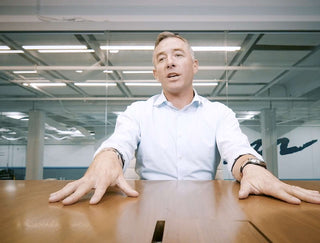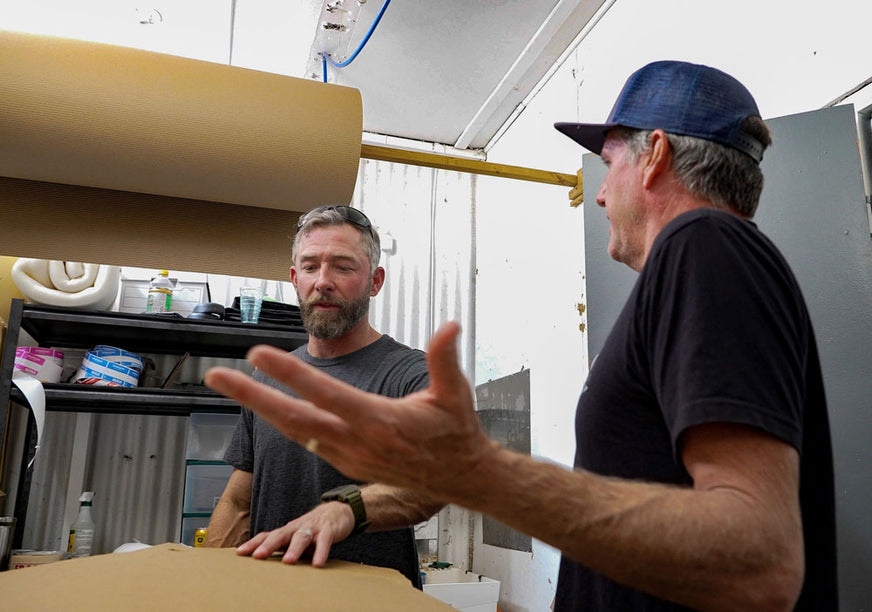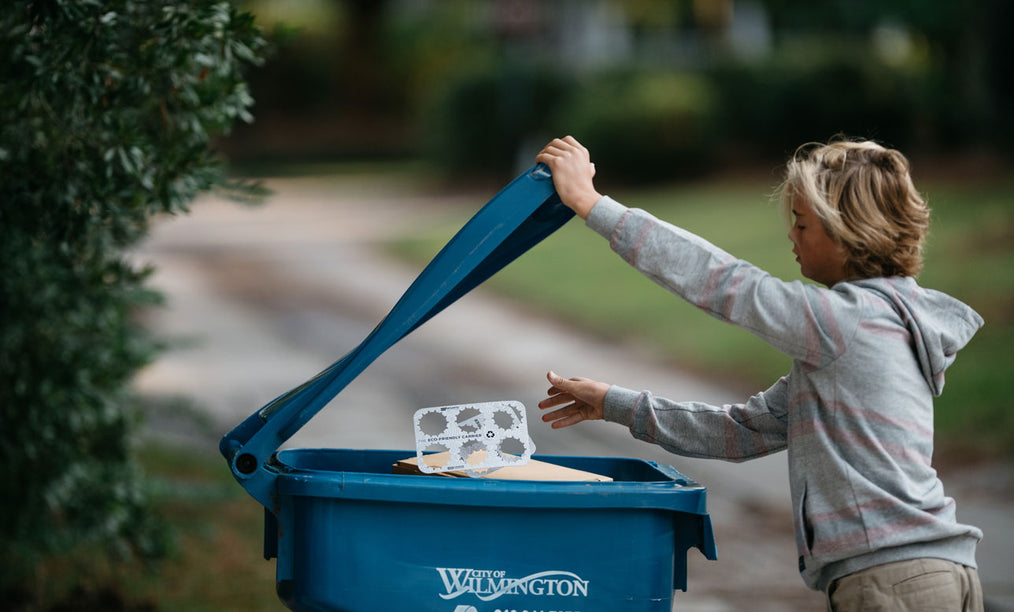What Is Extended Producer Responsibility (EPR)?
Extended Producer Responsibility (EPR) is a policy approach that makes manufacturers responsible for the proper end-of-life waste management of their product.


WEBINAR RECORDING: Embracing Extended Producer Responsibility (EPR) for Packaging


Five Main Goals of EPR Policy
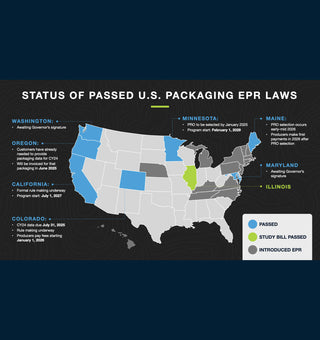

The Packaging EPR landscape is evolving quickly – here’s how it’s looking now


Three Pivotal Steps Brands Should Take Immediately to Embrace the Coming EPR Future


Recycling 2.0 Must Be Grounded in Reality: The EPR Objective


Producer Responsibility Organization (PRO)
Should Your Company Join the PRO?
Are you wondering whether your company needs to register for the Producer Responsibility Organization (PRO) to comply with California's new packaging legislation SB-54 and SB-343, the safe answer is likely ... yes.
As the Sustainability Director at Atlantic Packaging, North America's largest privately held packaging company, Caroline DeLoach spends most of her days helping brands navigate to more sustainable materials, and has keen insights into the evolving regulatory landscape.
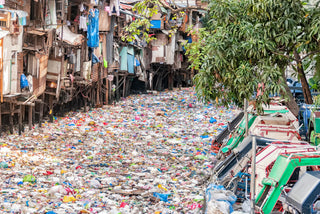

It's Our Job to Save the World from Waste-Mageddon


Caroline DeLoach Explains California's Groundbreaking Plastic Pollution Reduction Act and the Opportunities and Obstacles Ahead
Senate Bill 54 was signed into law on June 30, 2022
This bill, also known as the Plastic Pollution Prevention and Producer Responsibility Act, addresses California’s broken recycling system. When the law goes into full effect, in 2027, any producer wishing to participate in the world's fifth largest economy will have to comply. Learn about the five key takeaways of this bill and how its implementation will determine its success.

California’s Powerful Combination of EPR Legislation


Atlantic Packaging takes a seat at the table to inform this process.
More than one hundred companies endorse the EPR approach to packaging, including:



Let us help you prepare for the upcoming legislation
Contact Us